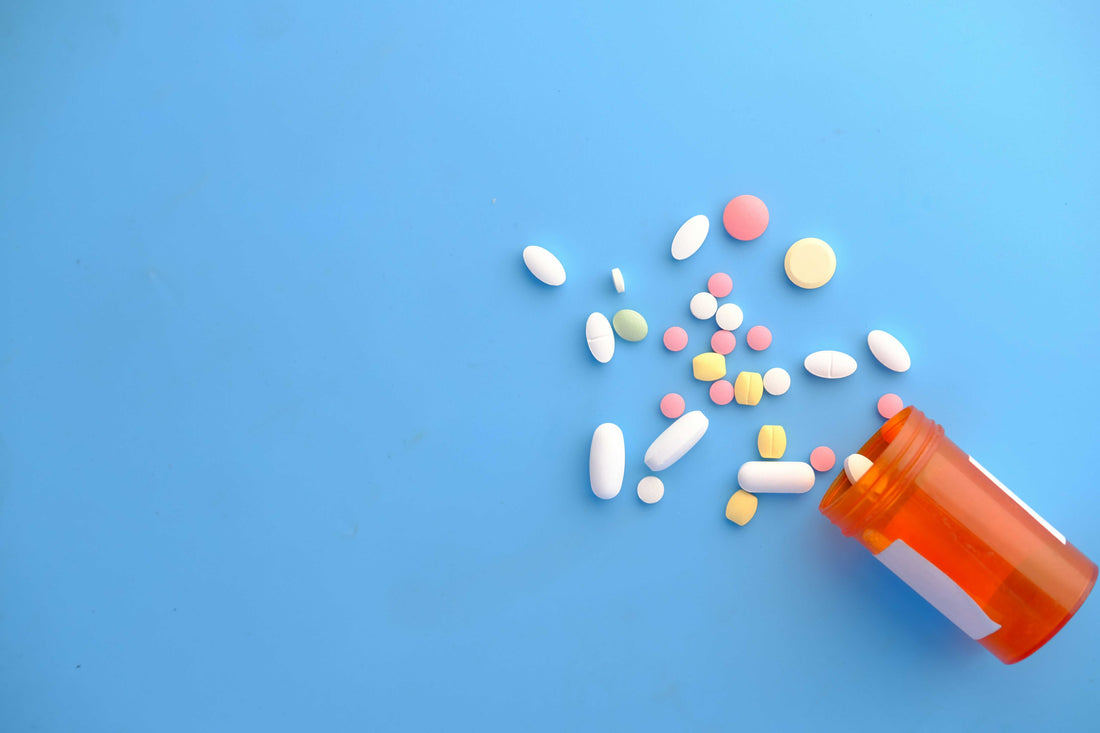
Don’t Forget Your Meds! Why Prescription Drugs Belong in Your Emergency Kit
Share
Imagine this: A storm knocks out power for days. Roads are blocked. The pharmacy is closed. And you realize—you only have one pill left of your important medicine. Scary, right?
Most people pack food, water, and flashlights in their emergency kits. But many forget something just as critical—prescription medications. Whether you take daily pills or just need pain relief in a pinch, your emergency kit isn’t complete without them.
Why Your Emergency Kit Needs Prescription Meds
Disasters don’t wait for a convenient time. If you run out of medicine when stores are closed, you could be in trouble. Here’s why:
1. Pharmacies Might Be Closed or Empty
After a big storm or earthquake, stores may shut down. Even if they’re open, supplies could run out fast. If you depend on medicine to stay healthy, waiting isn’t an option.
2. Missing Doses Can Be Dangerous
Some medicines—like insulin, heart pills, or antidepressants—must be taken on time. Skipping doses can make you very sick. In an emergency, hospitals might be too busy to help right away.
3. Pain Can Hit When You Least Expect It
Injuries, headaches, or sore muscles can happen during disasters. Having painkillers like ibuprofen or acetaminophen can make a tough situation a little easier.
What Medicines Should You Pack?
Your emergency kit should include:
1. Prescription Medications (At Least 7 Days’ Worth)
Doctors recommend more than just 3 days. A week’s supply is safer. Include:
- Heart or blood pressure meds
- Asthma inhalers
- Diabetes supplies (insulin, test strips)
- Mental health medications
2. Basic Over-the-Counter (OTC) Meds
These can help with common problems:
- Pain relievers (Advil, Tylenol)
- Allergy meds (Benadryl)
- Anti-diarrhoea pills
- Antacids (for upset stomachs)
3. Extra Medical Supplies
Don’t forget:
- Glucose tablets (if diabetic)
- Syringes or EpiPen
- A small first aid kit
How to Store Your Emergency Meds
Medicines won’t help if they’re ruined! Follow these tips:
✔ Keep Them Dry and Safe
Use a waterproof container (like a ziplock bag or small plastic box). Label it clearly.
✔ Check Expiration Dates
Old medicine might not work. Every 6 months, check your kit and replace anything expired.
✔ Write Down Important Info
Include a note with:
- Your name
- Medication names & doses
- Your doctor’s phone number
✔ Keep Them Cool (If Needed)
Some meds (like insulin) need refrigeration. If the power goes out, use a cooler with ice packs.
Don’t Forget Your Pets!
If you have a dog or cat, they might need medicine too. Pack a small supply of their prescriptions in your kit.
Final Tip: Act Now, Not Later!
Disasters don’t give warnings. Today is the best time to prepare. Here’s your quick checklist:
- Check your current meds—do you have extras?
- Ask your doctor for a small emergency supply.
- Pack them in your kit with a list of instructions.
Remember: In an emergency, your medicine is just as important as food and water. Don’t wait—get your kit ready today!
Stay safe, stay prepared!


